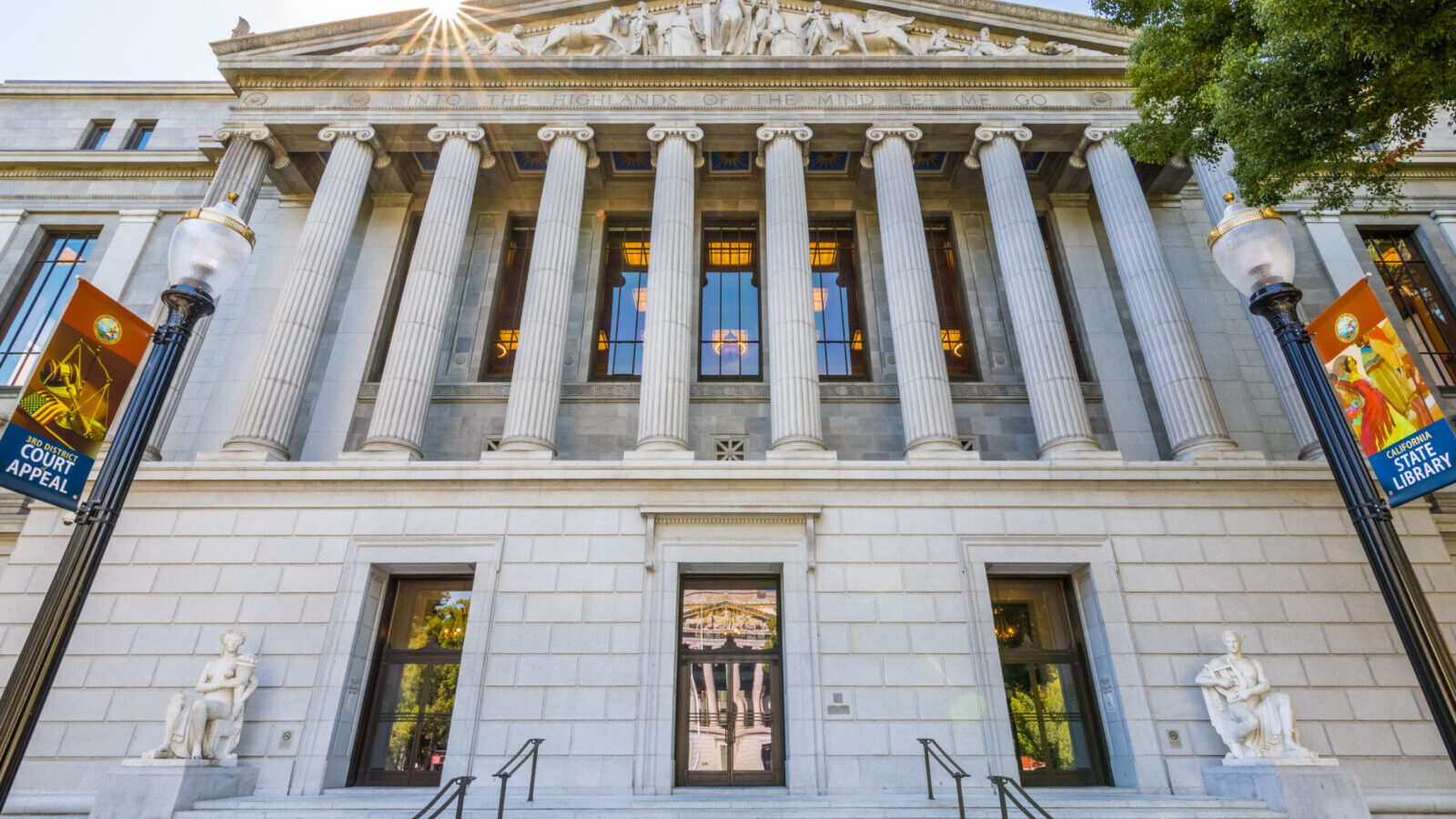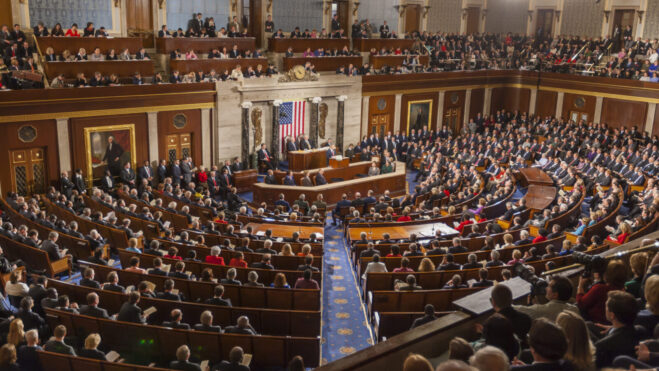California Tribes File Landmark Lawsuit Against Cardrooms Over Alleged Illegal Games
The suit was filed on the first day permitted under a new law signed last September
2 min

On the first day permitted under the newly enacted Tribal Nations Access to Justice Act, several of California’s prominent gaming tribes filed a lawsuit against the state’s cardrooms, alleging that their methods for offering blackjack and other card games violate state law. This legal challenge comes in the wake of decades-long disputes over the exclusivity of tribal rights to operate certain types of gambling games in California.
The tribes, including the Agua Caliente Band of Cahuilla Indians, the Pechanga Band of Indians, and five others, argue that cardrooms are circumventing state law through the use of third-party proposition players (TPPPs). This system allows cardrooms to offer banked games — those played against the house — by outsourcing the role of the “house” to licensed businesses.
The tribes claim this practice undermines their constitutionally protected exclusivity to offer banked games like blackjack and baccarat, which was enshrined in Proposition 1A passed in 2000.
Cardrooms maintain that the use of TPPPs complies with state regulations. Players at the table are given the option to serve as the house, but the financial demands of this role often leave TPPP employees to assume it. Cardrooms argue that because they are not directly acting as the house, their operations do not violate state law.
The tribal lawsuit, filed Thursday in Sacramento County Superior Court, accuses cardrooms and TPPPs of profiting from “illegal gambling.” The complaint identifies numerous games offered by cardrooms, including variations of poker and other table games, which the tribes contend breach California’s prohibition on non-tribal banked games.
New legal landscape for long-running dispute
The issue of tribal exclusivity has been contentious since the passage of Proposition 1A, which granted tribal casinos the exclusive right to operate slot machines and banked games in exchange for financial contributions to the state budget. Tribal leaders argue that cardrooms’ use of TPPPs effectively nullifies the agreement, allowing unauthorized competition and depriving the state and tribes of revenue.
Tribal attempts to challenge cardrooms in court have historically been thwarted by procedural barriers, including a lack of standing. However, a legislative change has shifted the legal landscape. Senate Bill 549, authored by former state Sen. Josh Newman and signed into law in September by Gov. Gavin Newsom, grants tribes a limited window to file lawsuits specifically addressing this issue.
The complaint lists 96 defendants, comprising both cardrooms and TPPPs, and accuses them of systematically flouting state law to gain an unfair competitive advantage.
There’s a lot at risk; should the tribes succeed, cardrooms could face significant economic repercussions. Many of the games targeted in the lawsuit are key revenue drivers for cardrooms. For cities reliant on cardroom revenue to fund municipal services, any potential cardroom closures could have devastating financial implications.
Cardrooms fight back
The California Gaming Association, representing cardrooms, pushed back strongly against the allegations. In a prepared statement, the association expressed confidence that the games offered in cardrooms comply fully with state law.
Cardrooms, it emphasized, provide thousands of jobs, generate significant tax revenue, and operate under strict regulatory oversight. “This attempt by tribal casinos to shut down lawful competition by tax-paying California businesses will fail,” the association stated, highlighting the importance of cardrooms to local economies.
Under the provisions of SB 549, tribes have until April 1 to file lawsuits addressing this issue. The current lawsuit marks the first of what could be several legal challenges. Any additional cases are expected to be consolidated and presided over by Judge Lauri Damrell in Sacramento County Superior Court.






